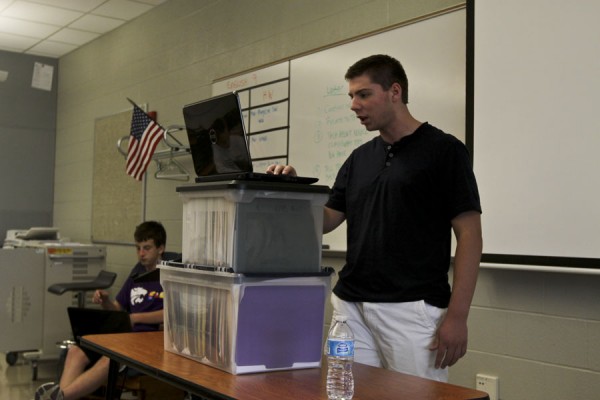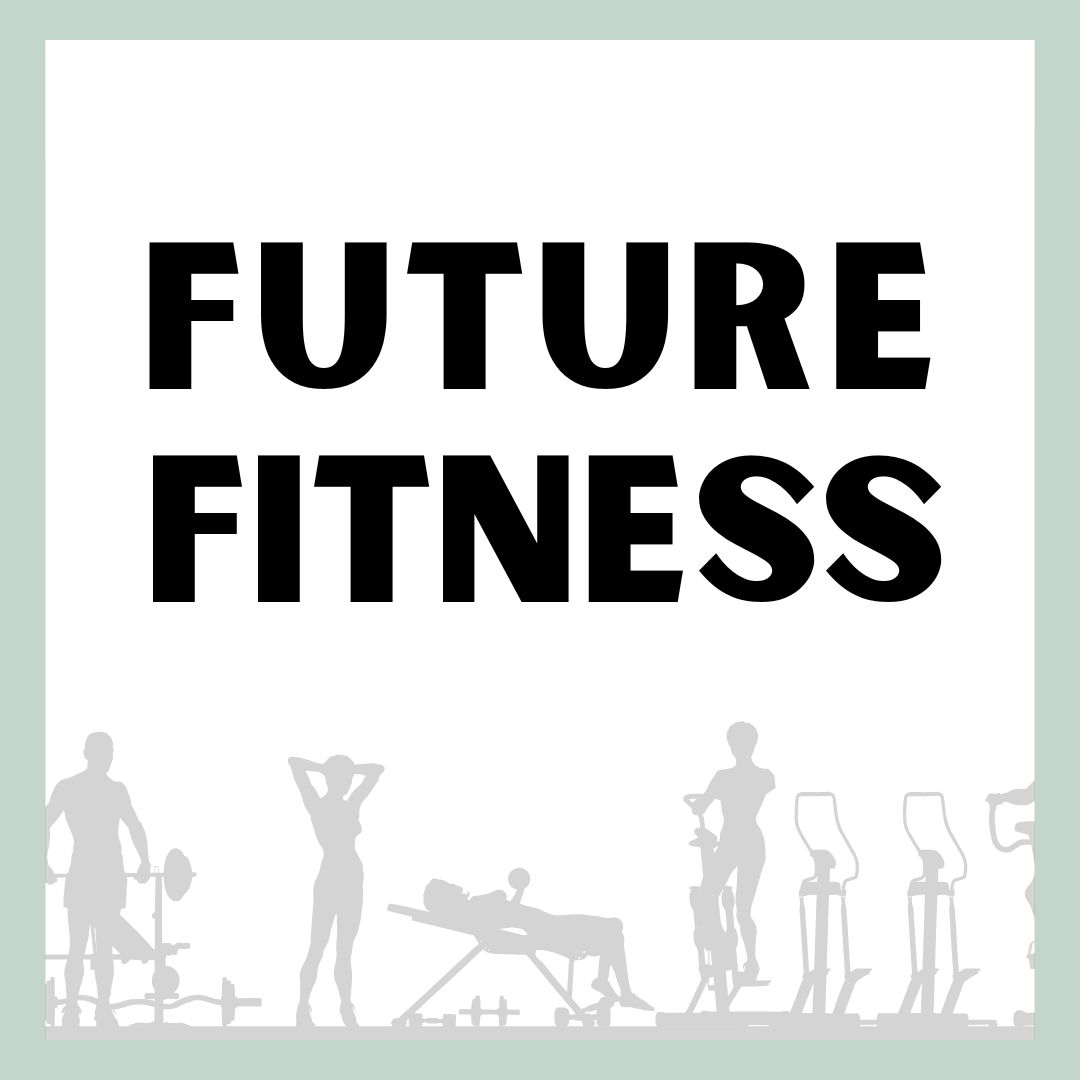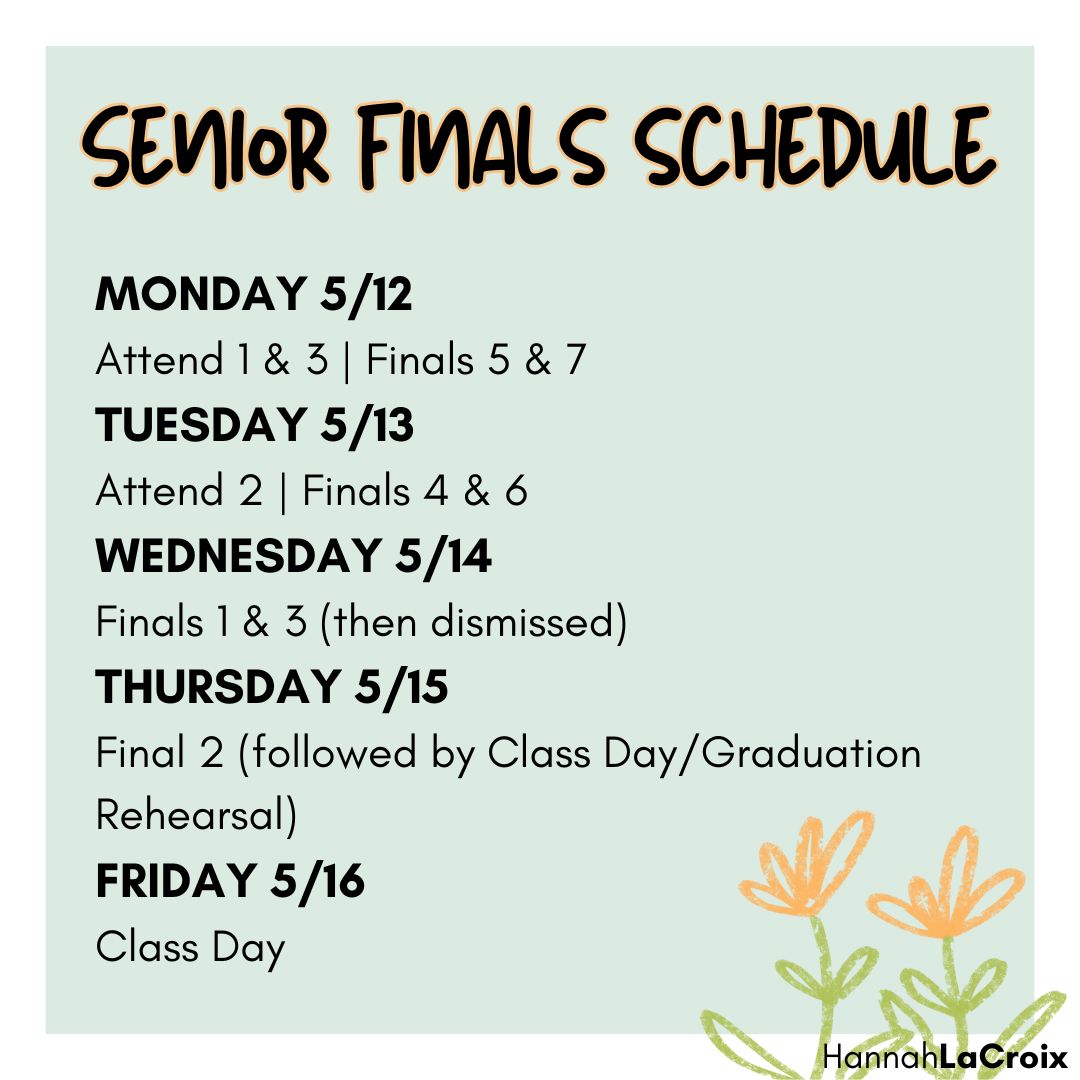Rocking back and forth, flying through articles at a breakneck pace in semi-falsetto voices, stand multiple sophomores and juniors. Their coach, Jared Zuckerman, hands out pointers on a speech given more rapidly than most students can think.It is a routine day for the debaters in Room 115. With the success over the past two years, winning State titles has become part of the team’s reputation.
But after the graduation of Lauren Arney, Pavan Kota, and Ross Marine, 75 percent of last year’s State team is now just a distant memory. Skeptics now question whether they can continue their success or not; whether they can three-peat.
The departed seniors from last year were still adjusting to the idea of leading a squad. A similar challenge faces the fledgling core of leaders in debate.
“I think that it changes our dynamic and roles,” junior Jack Ayres said. “I think our team is making a shift to be more competitive in fast debates in the absence of our seniors. This does disrupt some of the success we’ve had at tournaments like four-speaker State.”
With roles on the debate team up in the air, the pressure to up the ante increases, which sophomore Charlotte Davis thinks creates an environment of healthy competition that keeps motivation high. Having lost the work ethic, experience, and direction of the class of 2012, every member of the squad is pitching in to defy all odds, to take down ‘Goliath’ once again.
Spending almost three hours each day after school, you can always find this group of dedicated students living by its one creed: every day better. This motto, even used by former Kansas Jayhawk, Thomas Robinson, epitomizes the debate squad’s attitude for the next year. If each individual improves something every day, then the eventual goal of winning state for the third consecutive year becomes achievable.
Whether improvement means practicing speed reading drills, redoing a speech that could use a bit of work, or simply researching this year’s topic, the way to win is to outwork the competition.
Debaters always have more work to do and their time commitment is never as much as it should be. Members of the team are often finding pertinent information in the wee hours of the morning, hunched over a laptop, scouring the internet for the perfect card that could win them a round. In the defense of their championship, the debate team is working to improve every day in the hunt for a third title.
Winning without the graduated seniors requires not only effort but time. Lots of time. The average varsity debater spends about 15 hours per week honing their skills, leaving little time for other activities, school work or relaxation. In addition, these word warriors can be found sacrificing their Friday nights and Saturdays in the pursuit of wins and trophies.
“I made the sacrifice,” sophomore Chris Fry said. “It is worth it. Sacrifice is validated by the effort you put in, regardless of the outcome.”
Another concession made by state-bound debaters involved spending two or three weeks and hundreds of dollars over the summer in a classroom setting, getting better. Instead of sleeping in, tanning or watching Netflix, these committed students woke up at 7 a.m. every day, learned debate theory and strategy for hours on end, and competed in a camp tournament. All of this commitment is to overcome obstacles such as Blue Valley High and Blue Valley West for the title.
The most important piece to this transition year has been and will continue to be the squad’s coach, Zuckerman. The communication arts teacher instructs each debater personally, from his or her novice year to the very last tournament, how to effectively argue a point. In doing so, Zuckerman often stays at the school until 6 or 7 p.m., leaving hours later than most teachers.
In addition, the debate coach handles over 100 students, a number that normally requires an assistant coach. With a daunting task at hand, Zuckerman has set his team of new leaders up for success with a case that could be a juggernaut, an unbeatable force. He manages the team by doing twice the work of any debater with half the staff of a squad this size.
“We have to change our roles and step up,” Ayres said. “The seniors did a ton of work for us, so that just means we have to step up and fill their void.”
1AC:
The first speech in a debate; gives the affirmative team’s stance on the topic
Negative:
This team must negate the affirmative team’s stance
Transportation Infrastructure:
The topic of the 2012-2013 debate year
Flow:
The way debaters track arguments made in a round
Paperless:
A digital approach to debating
“Pick Me Up”:
A judge’s decision to vote for a team
Block:
A speech structure that allows the negative to speak for 13 minutes








